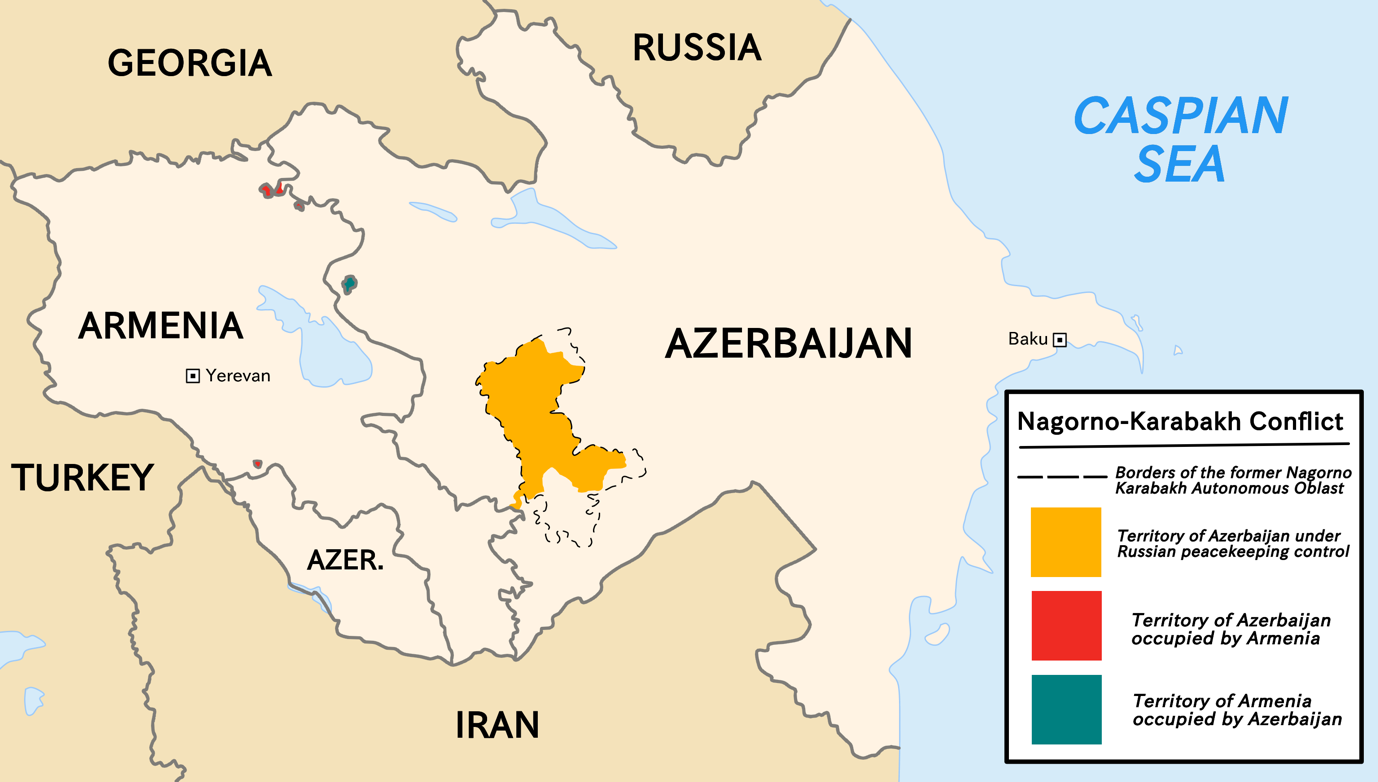





Disclaimer: Copyright infringement not intended.
Context
What’s the issue?
https://epaper.thehindu.com/Home/ShareArticle?OrgId=G9P9S7KR0.1&imageview=0









© 2025 iasgyan. All right reserved